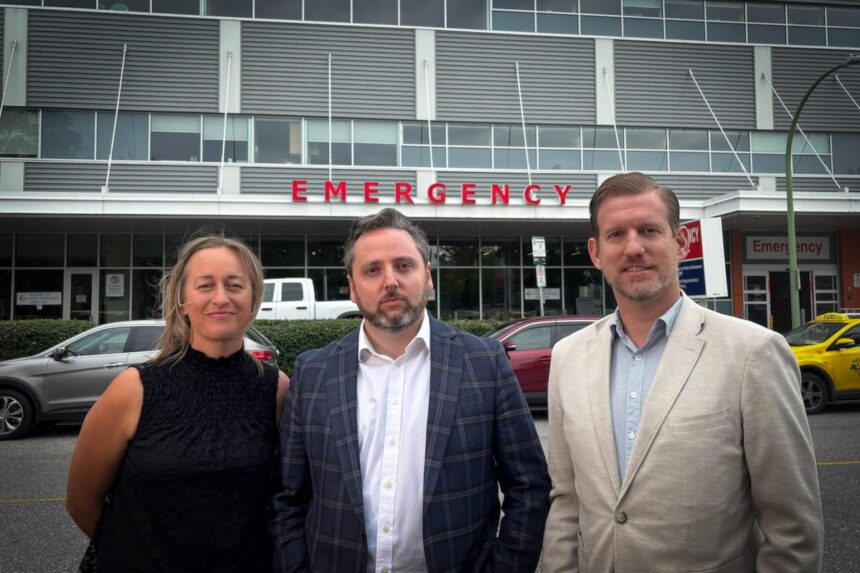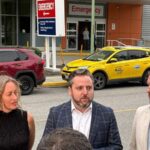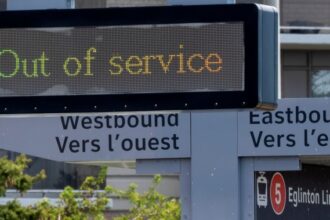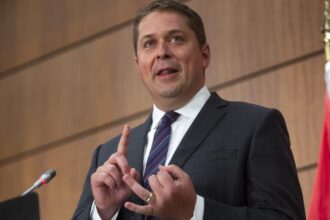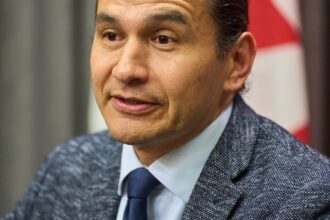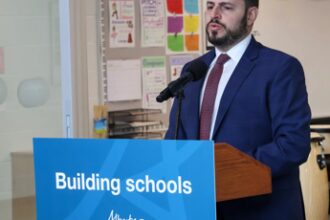In the face of mounting healthcare challenges that have left many Okanagan residents struggling to access basic medical services, three Kelowna-area MLAs are stepping forward to give community members a voice. Renee Merrifield, Norm Letnick, and Ben Stewart have announced a Healthcare Crisis Town Hall, scheduled for November 28th at the Rutland Centennial Hall, creating a rare opportunity for direct dialogue between citizens and their elected representatives.
“We’re seeing unprecedented strain on our healthcare system throughout the Okanagan,” explains Renee Merrifield, MLA for Kelowna-Mission. “From lengthy emergency room waits to the nearly 100,000 residents without access to a family doctor, the situation demands immediate attention and concrete solutions.”
The town hall, running from 6:30 p.m. to 8:30 p.m., comes at a critical moment for healthcare in British Columbia. Recent data from the Ministry of Health indicates that emergency department wait times at Kelowna General Hospital have increased by 37% over the past two years, while surgical backlogs continue to grow despite promises of improvement.
The format will allow residents to voice concerns directly to their MLAs while also hearing about proposed legislative solutions. Healthcare professionals, including physicians, nurses, and hospital administrators, have been invited to contribute their frontline perspectives to the discussion.
Norm Letnick, representing Kelowna-Lake Country, emphasizes the importance of community involvement: “This isn’t just about politicians talking at people. We need to hear directly from those affected—patients, healthcare workers, and families—to develop effective approaches that address the real needs of our community.”
The crisis extends beyond hospital walls. Primary care access has deteriorated significantly, with the Okanagan experiencing one of the highest rates of residents without a family physician in the province. This gap in preventative care has created downstream pressure on emergency services and contributed to poorer health outcomes, particularly for seniors and those with chronic conditions.
Financial analysts at CO24 Business note that healthcare spending in B.C. has increased by 11% since 2020, yet key performance indicators continue to trend downward, raising questions about resource allocation and system efficiency.
Ben Stewart, MLA for Kelowna West, notes that “this isn’t simply about more funding—it’s about smarter approaches to healthcare delivery. We need to examine innovative models that have worked elsewhere and adapt them to meet our local needs.”
The town hall will also address the critical healthcare worker shortage affecting the region. Recruitment and retention challenges have left facilities chronically understaffed, with nursing vacancy rates hovering around 19% at some Okanagan facilities.
For Kelowna resident Marion Thorne, who recently spent 11 hours in an emergency waiting room with her elderly mother, the town hall represents a chance for accountability. “Politicians need to see the human cost of these system failures. These aren’t just statistics—they’re our lives and our loved ones.”
The MLAs have indicated they will compile feedback from the session into a formal report to be presented to the Ministry of Health. They’ve also committed to following up with concrete action items within 60 days of the town hall.
As communities across Canada grapple with similar healthcare challenges, the Okanagan town hall may serve as a template for citizen engagement on this critical issue. The question remains: can this grassroots approach generate the political will necessary to implement meaningful reform in a system that has resisted substantial change for decades?

